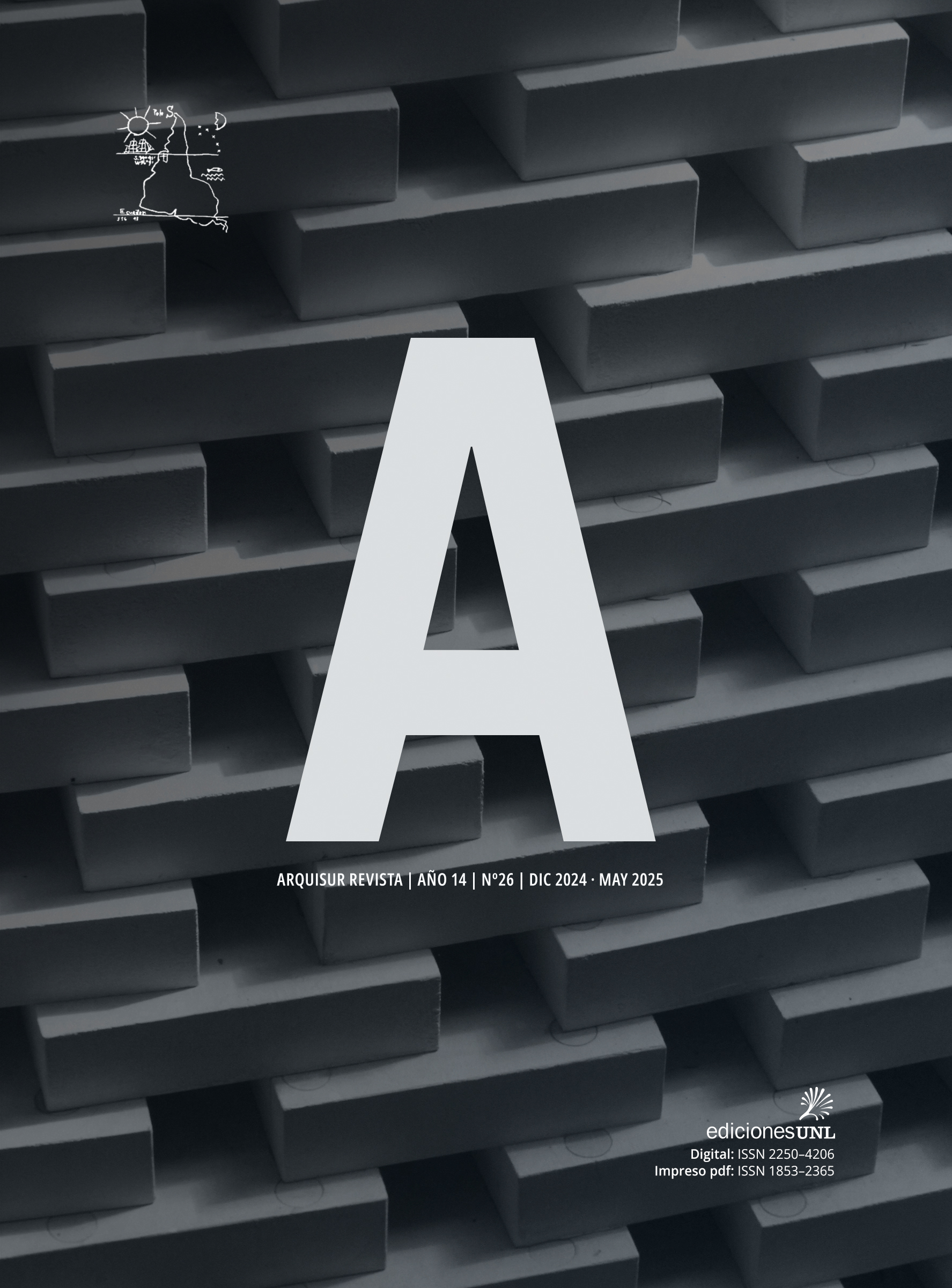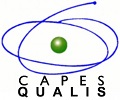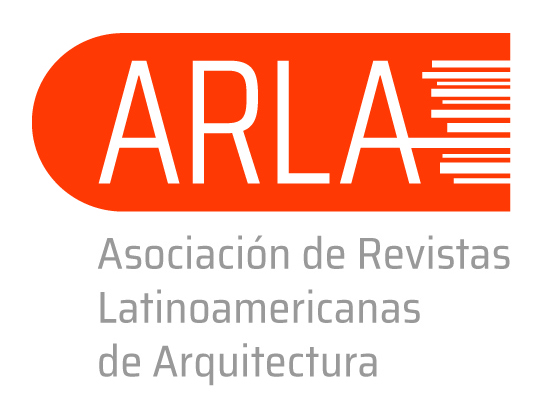Una reflexión sobre las publicaciones de arquitectura y el urbanismo en el contexto de la inteligencia artificial
DOI:
https://doi.org/10.14409/ar.v14i26.14106Keywords:
Arquisur, panel, revistaReferences
AlphaGo (30 de octubre de 2024). Google DeepMind. https://deepmind.google/research/breakthroughs/alphago/
Brindle, J. (6 de diciembre de 2017). This game about paperclips says a lot about human desire. VICE. https://www.vice.com/en/article/universal-paperclips-depth-desire/
Cho, J.; Ahmed, S.; Hilbert, M.; Liu, B. & Luu, J. (2020). Do search algorithms endanger democracy? An experimental investigation of algorithm effects on political polarization. Journal of Broadcasting & Electronic Media, 64(2), 150–172. https://doi.org/10.1080/08838151.2020.1757365
Conover, M.; Ratkiewicz, J.; Francisco, M.; Goncalves, B.; Menczer, F. & Flammini, A. (2021). Political polarization on Twitter. Proceedings of the International AAAI Conference on Web and Social Media, 5(1), 89–96. https://doi.org/10.1609/icwsm.v5i1.14126
Da Silva, J. (15 de octubre de 2024). Google turns to nuclear to power AI data centres. BBC. https://www.bbc.com/news/articles/c748gn94k95o
Deep Blue IBM (s. f.). IBM. https://www.ibm.com/history/deep-blue
Gerken, B.T. (27 de diciembre de 2023). New York Times sues Microsoft and OpenAI for ‘billions’. BBC. https://www.bbc.com/news/technology-67826601
Johri, S. (6 de junio de 2023). The making of ChatGPT: From data to dialogue. Harvard Kenneth C. Griffin. https://sitn.hms.harvard.edu/flash/2023/the-making-of-chatgpt-from-data-to-dialogue/
Korinek, A. & Suh, D. (2024). Scenarios for the transition to AGI. NBER. https://www.nber.org/system/files/working_papers/w32255/w32255.pdf
Lawlor, L. & Moulard–Leonard, V. (2022). Henri Bergson. En Zalta, E.N. & Nodelman, U. (Eds.). The Stanford Encyclopedia of Philosophy. https://plato.stanford.edu/archives/win2022/entries/bergson/
LessWrong (s.f.). Squiggle Maximizer (formerly «Paperclip maximizer»). LessWrong. https://www.lesswrong.com/tag/squiggle-maximizer-formerly-paperclip-maximizer
Merchant, A.; Batzner, S.; Schoenholz, S.S.; Aykol, M.; Cheon, G. & Cubuk, E. D. (2023). Scaling deep learning for materials discovery. Nature, 624(7990), 80–85. https://doi.org/10.1038/s41586-023-06735-9
Ngo, R.; Chan, L. & Mindermann, S. (19 de marzo de 2024). The alignment problem from a deep learning perspective. arXiv. https://arxiv.org/pdf/2209.00626
Peeters Online Journals (s.f.). Peeters. https://poj.peeters-leuven.be/content.php?url=journal&journal_code=JDS
Sheth, D. & Giger, M. L. (2019). Artificial intelligence in the interpretation of breast cancer on MRI. Journal of Magnetic Resonance Imaging, 51(5), 1310–1324. https://doi.org/10.1002/jmri.26878
The Daily (16 de abril de 2024). Los datos de inteligencia artificial y sus desafíos. The New York Times. https://www.nytimes.com/2024/04/16/podcasts/the-daily/ai-data.html
The Economist (28 de marzo de 2024). How to define artificial general intelligence. The Economist. https://www.economist.com/the-economist-explains/2024/03/28/how-to-define-artificial-general-intelligence
Zewe, A. (17 de junio de 2024). A smarter way to streamline drug discovery. MIT News. Massachusetts Institute of Technology. https://news.mit.edu/2024/smarter-way-streamline-drug-discovery-0617
Published
How to Cite
Issue
Section
License
Copyright (c) 2024 ARQUISUR Revista

This work is licensed under a Creative Commons Attribution-NonCommercial-NoDerivatives 4.0 International License.
ACCESO ABIERTO
ARQUISUR Revista es una publicación de acceso abierto y sin ánimo de lucro. No se imputan cargos por la recepción, revisión, evaluación, publicación ni acceso a sus contenidos. Se distribuye bajo una Licencia Creative Commons CC Atribución-NoComercial-SinDerivadas 4.0 Internacional (CC BY-NC-ND 4.0): No se permite un uso comercial de la obra original ni la generación de obras derivadas. Esta licencia no es una licencia libre, y es la más cercana al derecho de autor tradicional.
DESCARGO
Los criterios expuestos en los artículos son de exclusiva responsabilidad de sus autores y no reflejan necesariamente la opinión del Comité Editorial ni de la Dirección Editorial Técnica. Los derechos de los artículos publicados pertenecen a sus autores o editoriales. Los autores ceden sus derechos de publicación al Centro de Ediciones de la Universidad Nacional del Litoral de Santa Fe, Argentina.














